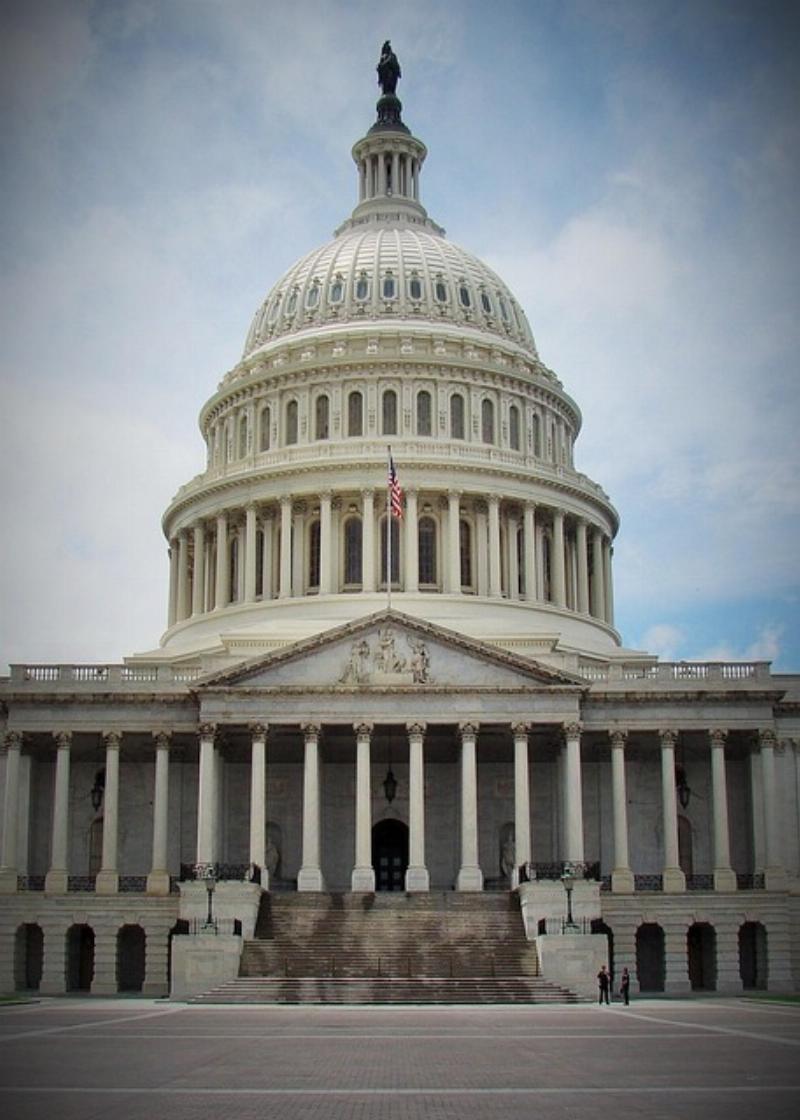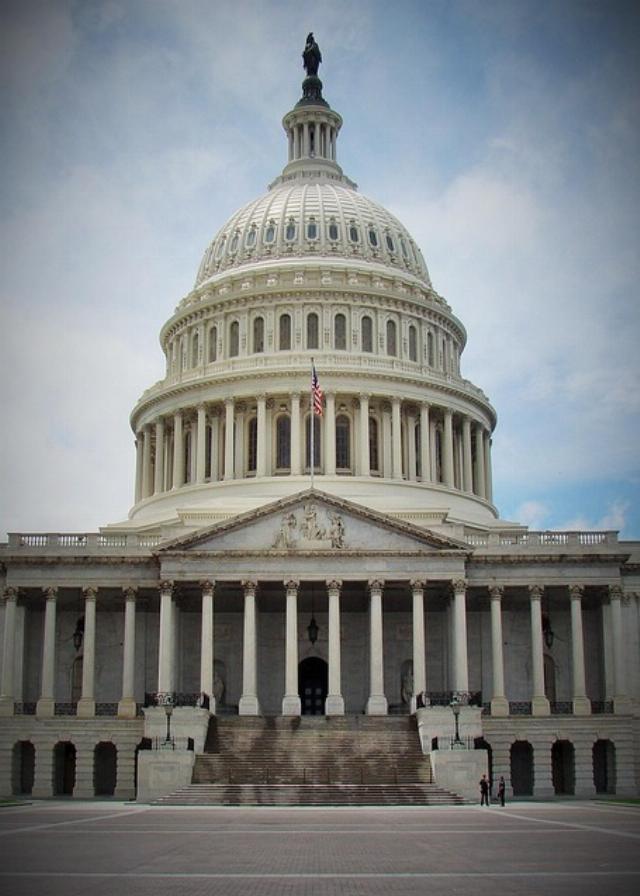


Until their data is refined, it’s only prudent to reduce the frequency of Bureau of Labor Statistics reports. In the meantime, to maintain economic visibility, the Securities and Exchange Commission should keep the current quarterly earnings reporting requirements for public companies.
Some professional market participants are fretting that the government shutdown will delay the release of economic reports. On the contrary, for a short period that’s something to welcome — especially if they are coming from the Bureau of Labor Statistics. A new Trump commissioner will certainly turn things around in that labored bureau (E.J. Antoni’s nomination has reportedly been pulled), but a bit more time may be welcome to replace entitled data compilers with workaholic AI agents.
What’s to miss, anyway? Their numbers are usually wrong, resulting in unjustified market swings. The chaotic choppiness that accompanies these off-kilter reports can cause very inefficient market pricings. Computers, and potentially unscrupulous traders, relish this volatility because it gives them a chance to precipitate a market correction so they can greedily buy the dip.
The last of our worries about a short-term government shutdown should be delays in one month’s CPI inflation and jobs reports. Hint to the Fed: inflation is steady (examine company operational reports) and jobs (thanks partly to AI) are going down.
For one thing, there are alternatives to the BLS’s GIGO (Garbage In, Garbage Out), such as the ADP Employment Report, which focuses on private sector job growth. Markets don’t like uncertainty, which is what the BLS, until recently, had engendered; to our great relief, the ADP report doesn’t undergo continual revisions. Unfortunately, the misguided Fed tends to rely more on the ever-revised BLS jobs reports in establishing monetary policy — enough said!
For another thing, delaying reporting for a brief period may allow the data to be refined to reflect reality, thereby limiting wild market fluctuations. A long shutdown will be problematic, but a short-ish delay will give a Trump pick time to initiate Reduction in Force procedures at the bloated BLS in conjunction with more AI-enabled technology. That ought to soothe the fears about report-less uncertainty by increasing the accuracy of data gathering, compilation, and statistical analysis thereof.
Among those who make a living concocting the faulty reports, and those who then parse them to fit their negative narrative, there may be consternation at the lack of “transparency.” Not to worry: the ultimate barometer of our economy’s health is how our companies are performing. The bottom line is that a company’s bottom line is the mother’s milk of stocks. With the AI revolution in the early stages, estimates from dour Wall Street analysts who low-ball earnings forecasts (still using old models, and falsely comparing the justified AI exuberance to the irrational dot.com bubble) are playing catch up.
Importantly, public companies are still required to report earnings on a quarterly basis; collectively, they are the ultimate gauge of economic activity. Eventually, the timing may change: with President Trump’s blessing, the SEC is considering allowing companies to provide earnings reports on a semiannual basis. Part of the rationale is that it will enable corporate executives to focus on longer-term strategies, and that it will reduce volatility. If market participants prefer less frequent company earnings reports (again, the best barometer, overall, of our economic vitality), then why wouldn’t we prefer fewer reports from the BLS, which are notoriously inaccurate?
The vast majority of our American companies, by comparison, are run by smart, innovative, and nimble professionals. They usually adjust quickly to economic contingencies, and generally get it right. Indeed, despite the financial media’s tariff tantrums in April, the vast preponderance of S&P 500 companies trounced earnings estimates in Q2, 2025. Importantly, even future low-ball estimates are being revised higher, with healthy growth seen in Q3, 2025. They’re flourishing, so in the absence of government reports, why change the reporting cadence of public companies? Why deny us that (usually) uplifting news every quarter? As markets hover around all-time highs, the corporate reporting requirements are working pretty well, overall.
By contrast, the BLS (at least until Trump’s new nominee imposes his regime) gets it wrong. In turn, the Fed gets it wrong — for example, their overreliance on unreliably jobs data. Achieving maximum employment is one of the Fed’s mandates. A big reason Powell is “Too Late” is that he believed the employment picture was brighter, giving him cover to not lower rates.
Nevertheless, even without a jobs report this month to lean on, the CME Fedwatch Tool (the go-to predictor of the Federal funds rate) is pricing in a very high likelihood that rates will be lowered by a quarter percentage point in October. In other words, there’s no excuse for Too-Late to not follow through. Admittedly, a longer government shutdown would create more uncertainty and hurt the economy.
If the ultimate purpose of BLS reports is to measure employment and other economic data in order to inform the Fed on its monetary policies, they’re leading them astray. Missing a month of reports won’t create much uncertainty considering that our companies offer more precise insights into their sectors and consumer behavior (and hiring trends) — they start their third quarter earnings reports around the middle of October. Bring it on!

Image: Free image, Pixabay license.
